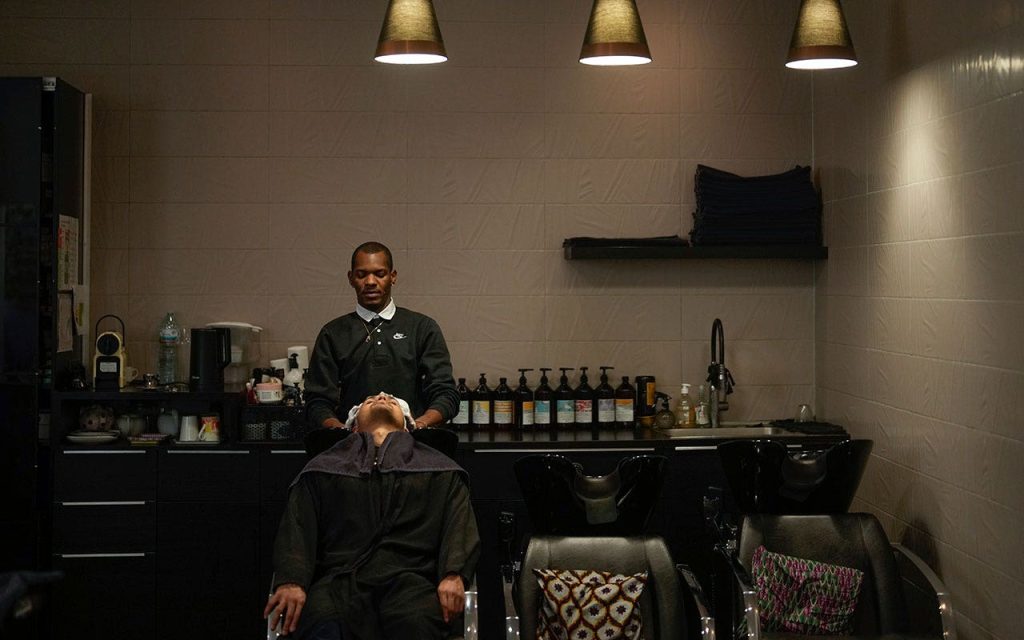French lawmakers are currently debating a groundbreaking bill that would ban discrimination based on hair texture, length, color, or style in France. If passed, this bill would make France the first country in the world to recognize discrimination based on hair at a national level. The draft law is being championed by French lawmaker Olivier Serva from Guadeloupe and has support from President Macron’s centrist party as well as left-wing parties. The vote on the bill is expected to take place in the National Assembly.
The bill aims to amend existing anti-discrimination measures in the labor code and criminal code to explicitly outlaw discrimination against individuals with curly, coiled, or other hairstyles perceived as unprofessional, as well as against bald individuals. Although the bill does not specifically target race-based discrimination, the primary motivation for the legislation was to address discrimination faced by people who do not fit into Euro-centric beauty standards. The bill’s authors hope that by passing this legislation, they will be sending a message of support to Black individuals and others who have experienced hostility due to their hair.
In the United States, 24 states have adopted the CROWN Act, which prohibits race-based hair discrimination in various settings. However, federal legislation faced opposition in the Senate after being passed in the House in 2022. Similarly, the French bill has faced opposition from conservative and far-right lawmakers who view it as an attempt to import American concepts of race and racial discrimination into France. Critics argue that existing legal frameworks in France already offer sufficient protection against discrimination based on natural Afro hair, braids, cornrows, or locs.
Advocates for the bill disagree with this assessment and point to cases, such as that of Black French steward Aboubakar Traoré who sued Air France after being coerced into wearing a wig with straight hair, despite his coiled braids. While the court ruled his case was not discrimination based on his hair, but rather his gender, it highlights the challenges faced by individuals with non-conventional hairstyles. France’s universalist vision, which does not differentiate citizens by ethnic groups, has made it difficult to collect official data on race-based discrimination, including hair discrimination.
The bill’s proponents hope that it will address the long struggle faced by Black French individuals to embrace their natural hair, which is often stigmatized as coarse and unruly. Aude Livoreil-Djampou, a hairdresser and mother of mixed-race children, emphasizes that the bill is not just about hair but about giving people the strength to assert their natural beauty in the face of discrimination. Djampou-Livoreil’s salon caters to clients with a range of hair textures and sees women in high positions embracing their natural beauty every day.
For many, the bill represents a step towards a more inclusive society where individuals are not judged or discriminated against based on their hair. Customers like Estelle Vallois, who vividly remembers the lack of products and services for frizzy hair when she was younger, hope that her daughter will grow up in a world where her natural hair is celebrated rather than stigmatized. Vallois underscores the importance of accepting oneself, whether it is one’s hair or lack thereof, and commends the progress that has been made towards greater accessibility and acceptance of diverse hair types.


